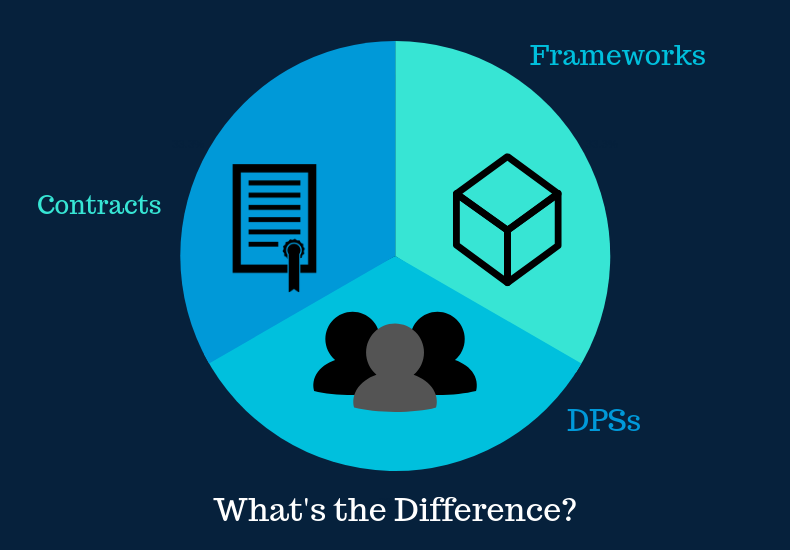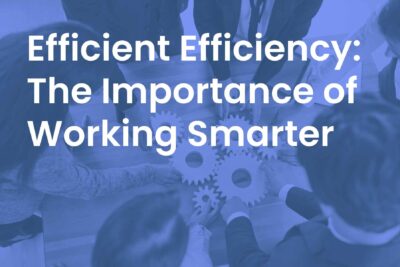
Contracts, frameworks and dynamic purchasing systems (DPS) are the 3 main modes of procurement in the UK. The differences between the three can however prove to be a little confusing to the uninitiated. This blog therefore looks at these three models and examines their differences, merits and weaknesses.
Contracts

A straight-forward contract is the most common form of procurement in the UK. All public sector contracts in the EU are subject to specific procurement rules and must comply with stringent OJEU (Official Journal of the European Union) regulations.
Contracts are often split into lots. Lots are generally based on specific service requirements or project value bands. More often than not, only 1 provider will be awarded a contract for each lot, however there is precedent for multi-provider contracts.
This generally low award count makes contracts by far the hardest of the three models to find success in. If successful however, they can also be the most lucrative as suppliers need not share the total workload and spend with other contractors.
Since only one supplier can win, contract tenders are generally much more heavily weighted towards experience and service quality than frameworks or DPSs. It’s important that you are able to demonstrate your own experience and quality before applying for full contracts, as you won’t win if you can’t.
Frameworks

Frameworks work much in a similar way to full contracts. The key difference is that frameworks almost always consist of more than one approved provider. The number of providers accepted onto a framework varies, however it is generally less than DPSs which usually accept unlimited providers. Work is never guaranteed through frameworks.
In contrast to DPSs, frameworks generally have an application deadline beyond which, the opportunity for a place has passed.
Individual items of work are awarded to successful suppliers in two main ways:
- Award without further competition based on initially submitted tenders and pricing figures.
- Award following a further mini-tender.
Frameworks can be OJEU compliant. This means that any work awarded through it does not also need to go through a full OJEU process. Product, location and value-based lots are commonplace in frameworks.
DPSs

The initial stage of a DPS application generally constitutes completing an application form which – if completed properly – guarantees a place on the list of approved providers. There are not usually many hoops to jump through in order to get onto the list. Unlike with frameworks, there is not usually a limit to the number of providers allowed on.
DPSs are usually kept open for new applications throughout their course. This means that if you miss the initial advertisement, there may still be benefit in applying at a later date.
Once accepted onto the approved list, work will only be awarded through smaller ‘call-off’ tenders. You must win these mini tender competitions in order to access any work on a DPS. These mini-tenders are very similar to formal OJEU contracts although are generally much lower value.
DPSs can be superior to frameworks because you needn’t apply for every piece of work. If a specific piece of work is advertised on a DPS which doesn’t necessarily suit you, you may simply pass it by. You cannot always do this with a framework.
Which Would Suit Me Best?
Our general advice to people first looking into tendering is to avoid applying for full contracts if possible. As we have explained, these are much harder to win, and generally rely heavily on your experience. If you don’t have any yet, you will struggle.
Instead, as you first start out with tenders, try applying to a few DPSs. See if you can begin to win small contracts through these instead and then slowly work your way up. A framework would be the next step before you are finally ready for full contracts.
It may seem like a long and tedious process, but it will undoubtedly save you time, money and disappointment in the long-term.
Did you enjoy this post?
Click here to learn more about becoming bid-ready.
Follow Bespoke Bids on Linkedin to keep up with our day-to-day operations. We post live tenders, tips and tricks and more.


